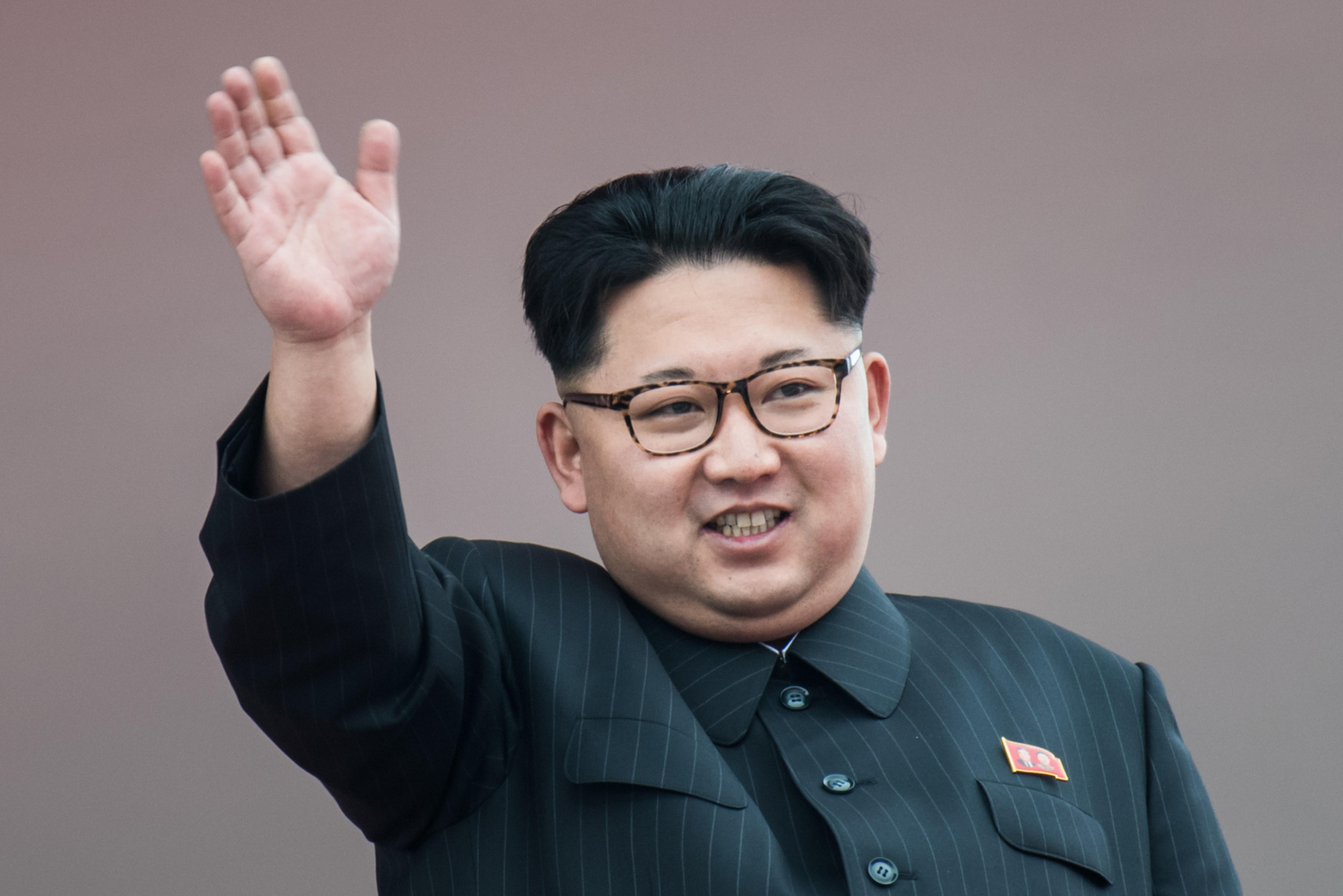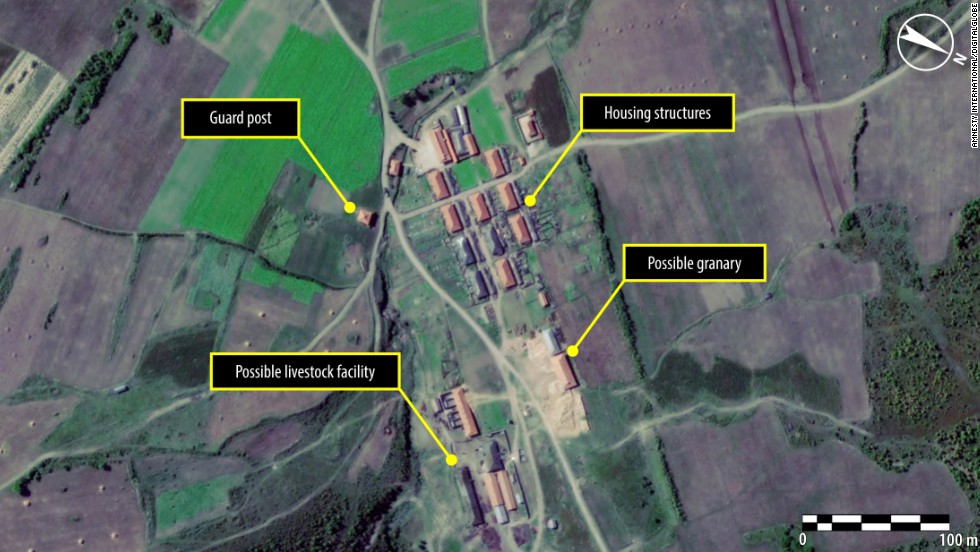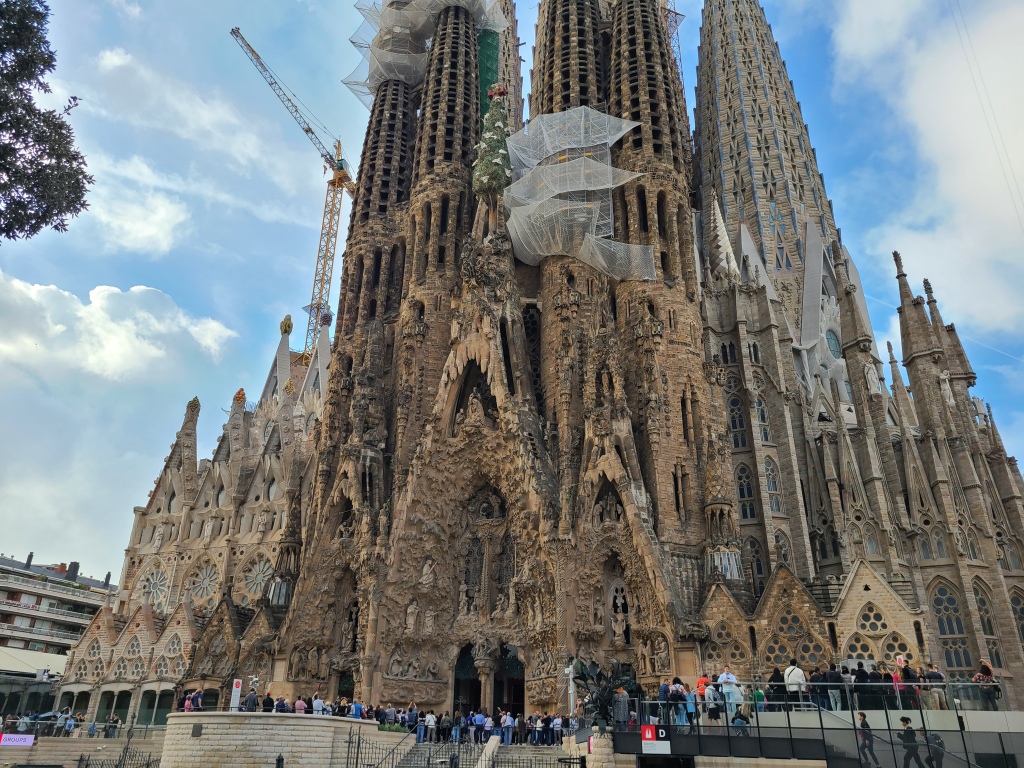
At a time when Donald Trump refers to North Korea’s “Dear Leader,” Kim Jong-un, as a man he admires greatly despite the fact that his military keeps testing rockets over the Sea of Japan, it is fortuitous that a novel has appeared that delves into the “Hermit Kingdom” of North Korea. D.B. John’s second novel STAR OF THE NORTH focuses on the authoritarian reign of Kim Jung-Il during 2010 and 2011 before Kim Jong-un took over the leadership role. John integrates a number of important aspects of the Kim regime throughout the novel. He explores the slave labor system, the rocket program that raises fears of nuclear weapons, the paranoia that is ever present among North Korea’s population, the class system that has party elites dominating the ruling structure, and the chemical warfare threat that North Korea presents. John’s insights into the system rises from a series of interesting characters that he has created, a number of which reflect real people who have survived the North Korean regime.

John, one of the few westerners to have visited North Korea begins his story in June 1998 as two students at Sangmyong University, Park Jae-hoan and Williams Soo-min are spending an afternoon at Condol Beach on Baengnyeong picnicking and taking photographs. In the midst of their reverie they disappear. The Inchon Metropolitan Police and the South Korean Coast Guard conclude after an exhaustive search that they must have drowned and end their investigation. But, did they really disappear? More importantly, why?
Twelve years later Charles Fisk, a CIA operative visits Dr. Jenna Williams, an Assistant Professor at Georgetown’s School of Foreign Service and the sister of Williams Soo-min. Fisk is out to recruit Williams using her missing twin sister as bait. From this point on John develops his plot line with three separate tracks that will come together very nicely. First, the road Jenna Williams chooses is giving up her professorship and joins the CIA in an attempt to locate her sister when she learns that she had been kidnaped twelve years earlier. Second, is the path taken by Cho Sang-ho, an official in the North Korean Foreign Ministry with the equivalent rank of Lieutenant-Colonel, who is sent to the United States to negotiate with the Americans at the United Nations. Lastly, the life of Moon Song-de, a poor peasant woman who sold food and other items under a bridge in Pyongyang with other poverty-stricken individuals in an effort to survive as she wages her own personal battle against the state.
 (Satellite image of North Korean slave labor camp)
(Satellite image of North Korean slave labor camp)John does an exceptional job focusing on the machinations of North and South Korea. Further, his exploration of the lives of everyday North Koreans who deal with oppression, lack of food bordering on starvation, and the anxiety of never knowing what will be ordered by “Dear Leader” is eye opening. John’s effort is enhanced by an appendix where he describes North Korean personages, missile programs, the cult of Kim, kidnaping of foreigners, the Gulag/slave system, guilt by association and other aspects of life in North Korea.
One of the strengths of John’s novel apart from the superb story he has created that borders on contemporary realism is relating how the “Hermit Kingdom” functioned. Whether discussing the hierarchic nature of the Communist Party that ruled the country, the vast Gulag/prison slave system, or how Pyongyang conducted its foreign policy the detail and accuracy of daily life within this paranoid dictatorship is exceptional. Each character has a role to play as the horrors of North Korea emerge and affect them all as John takes the reader inside Camp 22, an element of the surreal world of slave labor that dominates Kim’s prison state in a graphic manner.

A surprising aspect of North Korean life that John puts on full display is the leaderships emphasis on “pure” bloodlines and its own paranoia when it comes to the United States and the west. John has the rhetoric of the North Korean Communist Party down to a tee and expresses the realism that pervades the novel. The voyage taken by Jenna Williams is heartwarming and cutthroat and lends itself to an engrossing story that is ongoing as I write.
Patrick Anderson concludes in his Washington Post (May 17, 2018) review that “STAR OF THE NORTH builds to a gripping climax. Cho, having escaped the prison camp, is desperately trying to reach China, even as Jenna, still searching for her sister, sets out to confront the Dear Leader himself. Can either possibly survive? It’s an exciting ending to a novel that, in addition to being highly entertaining, suggests the difficulties we face in dealing with a small, distant nation with values and beliefs so different from our own.”
 (Kim Jong-il)
(Kim Jong-il)